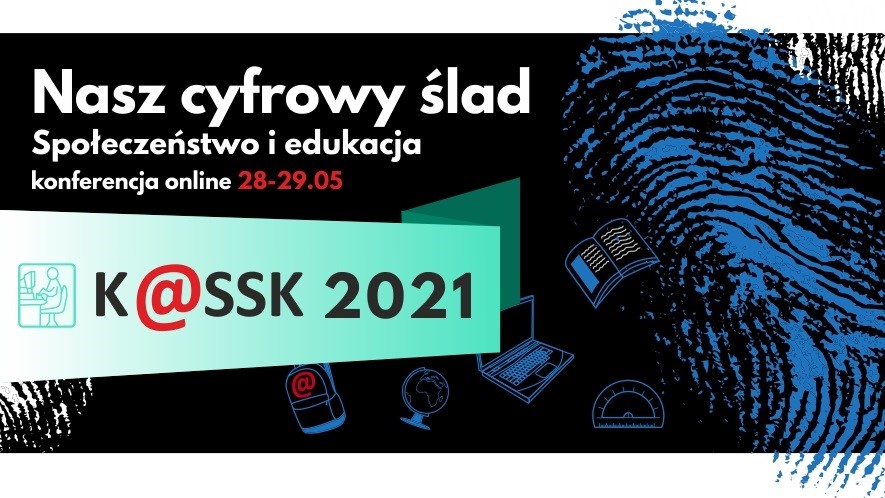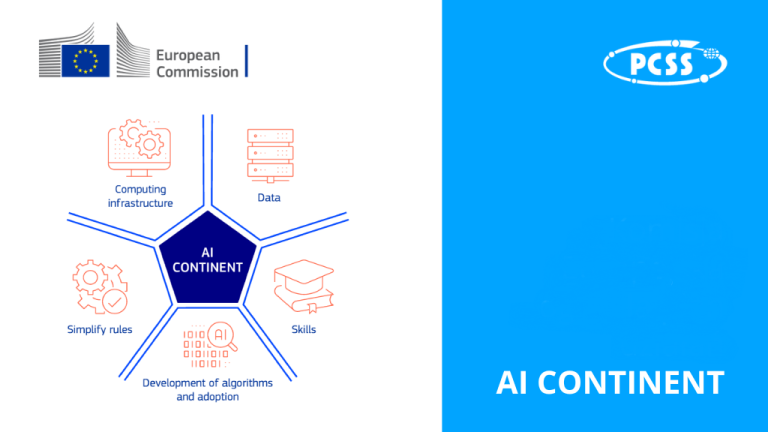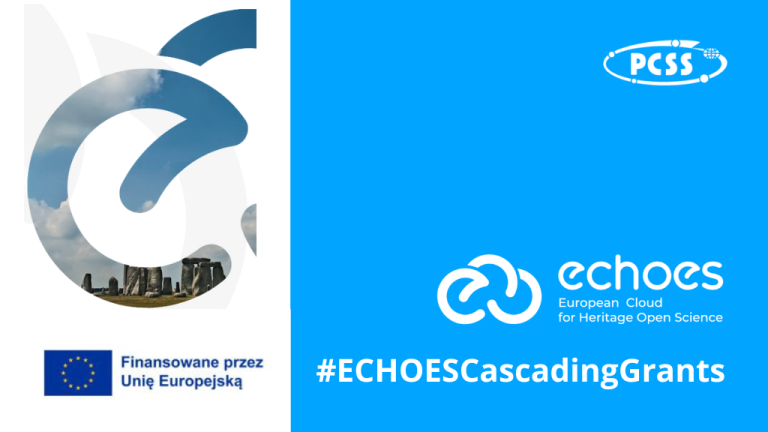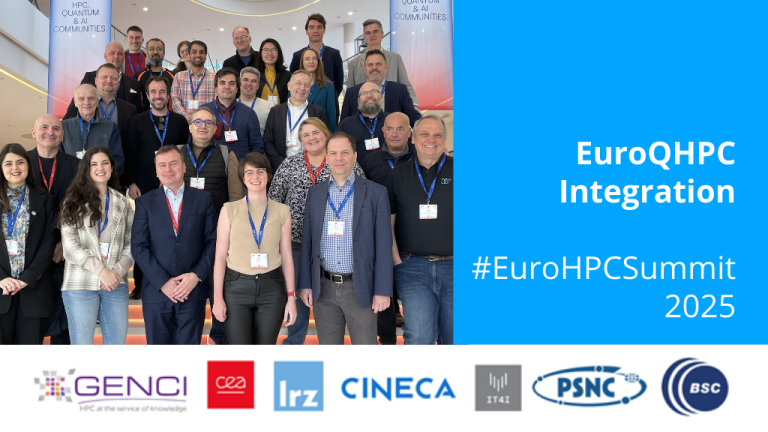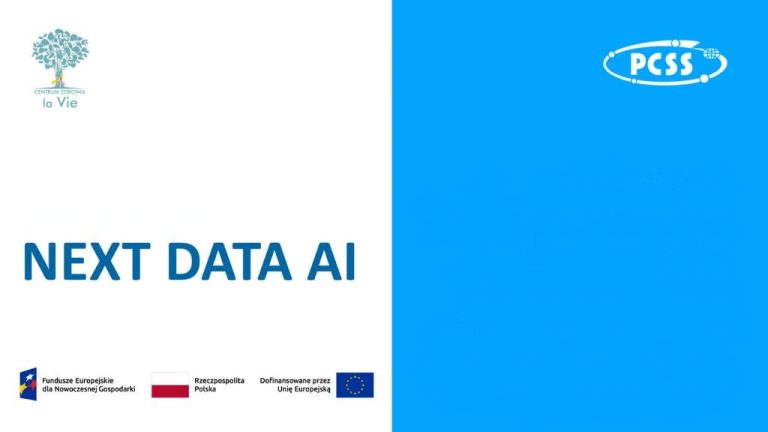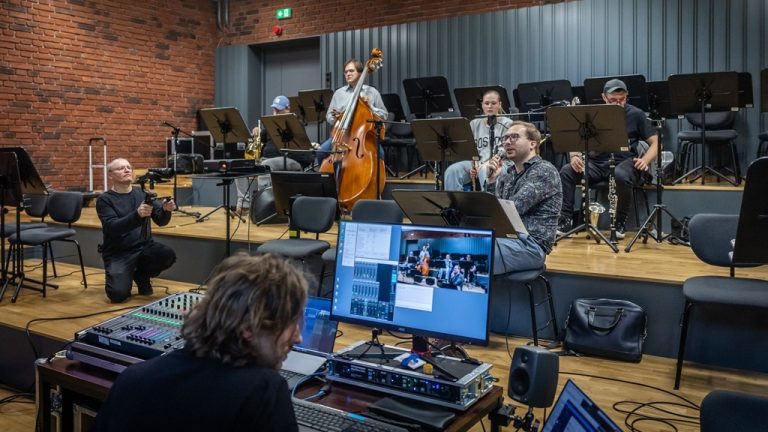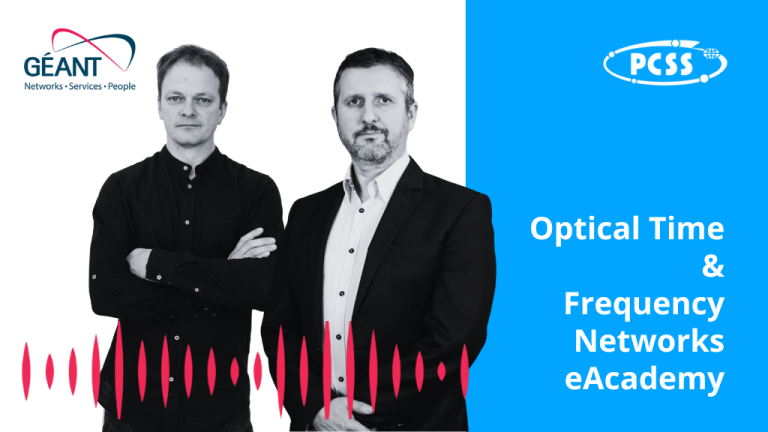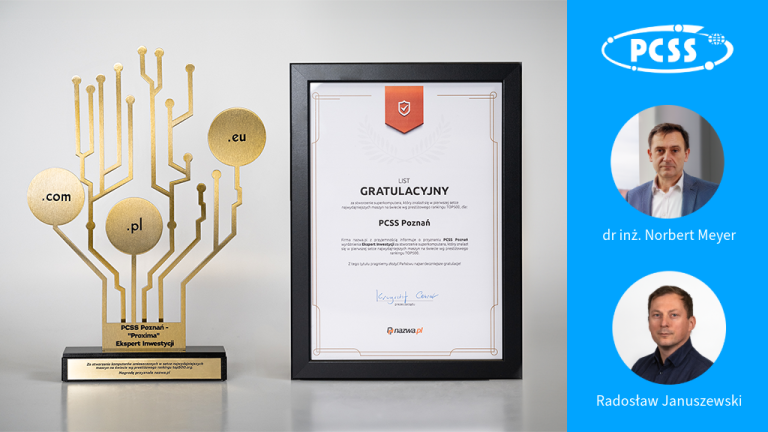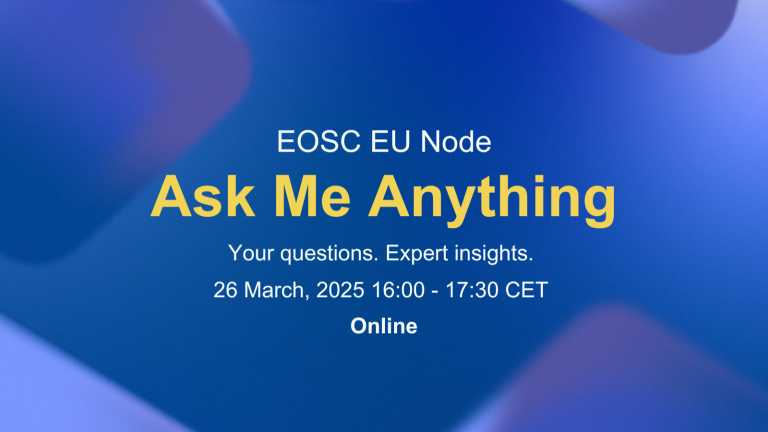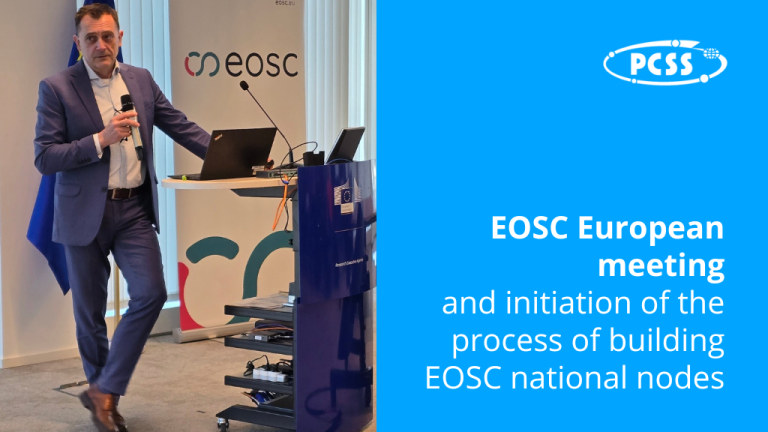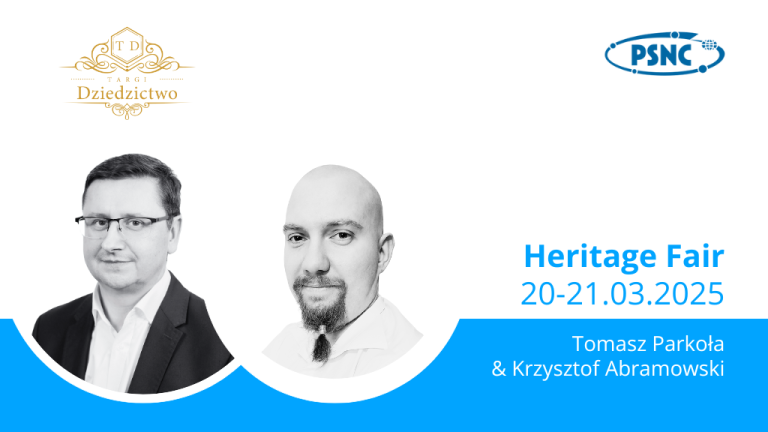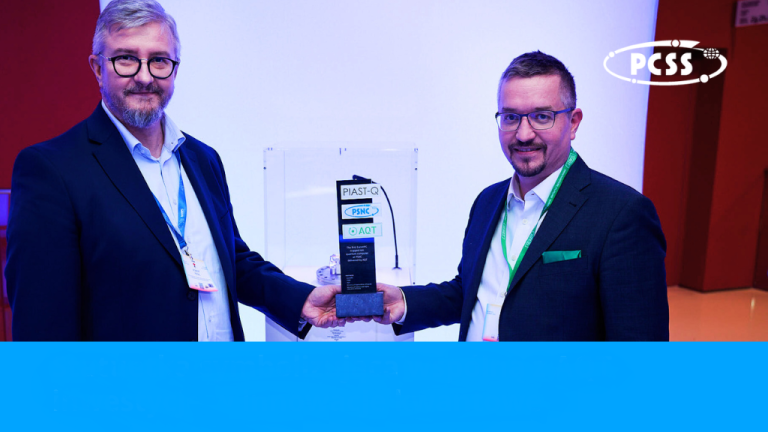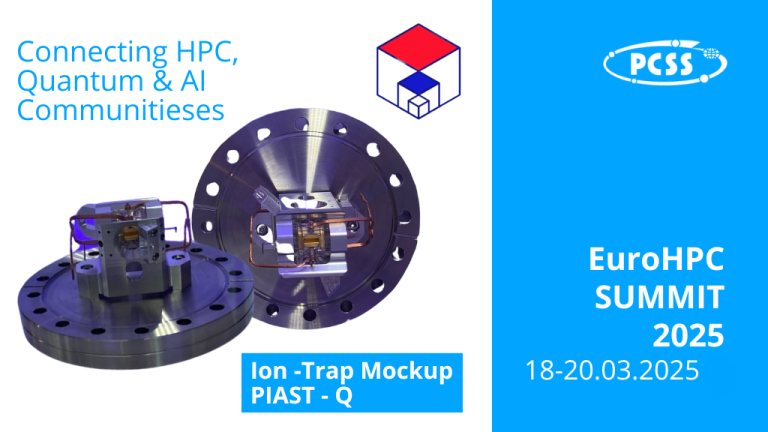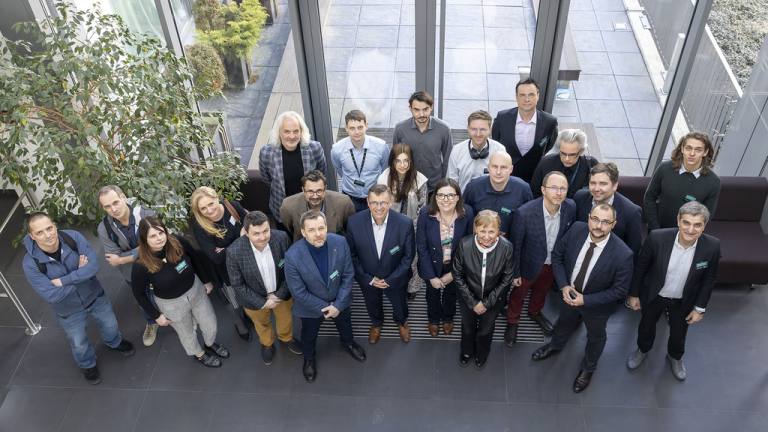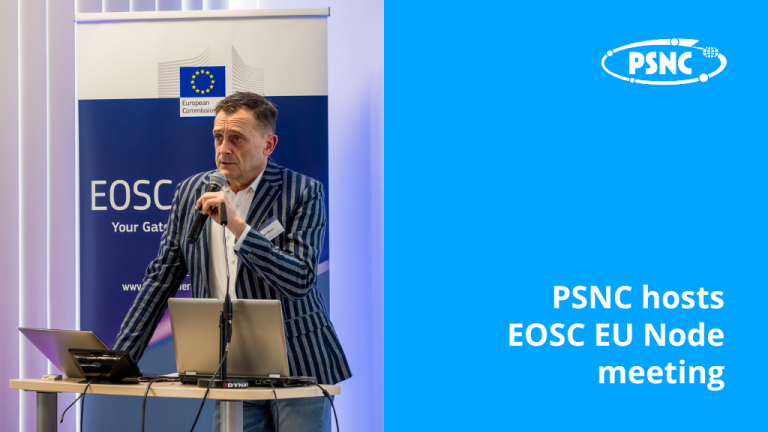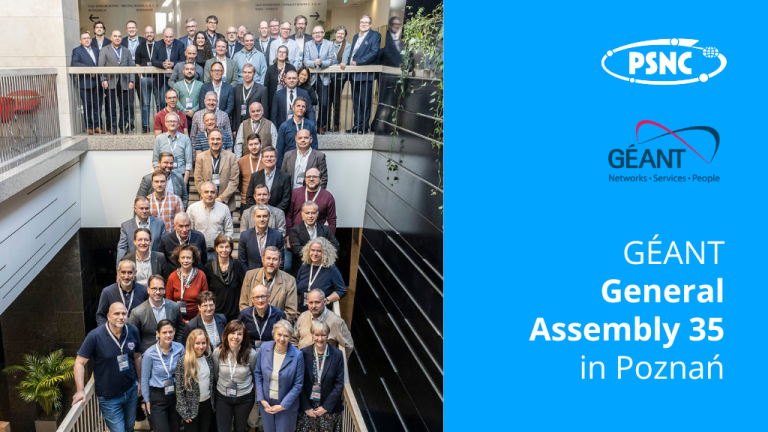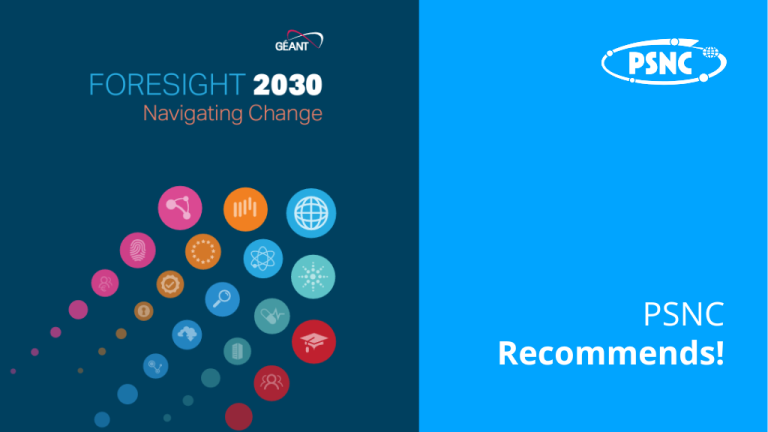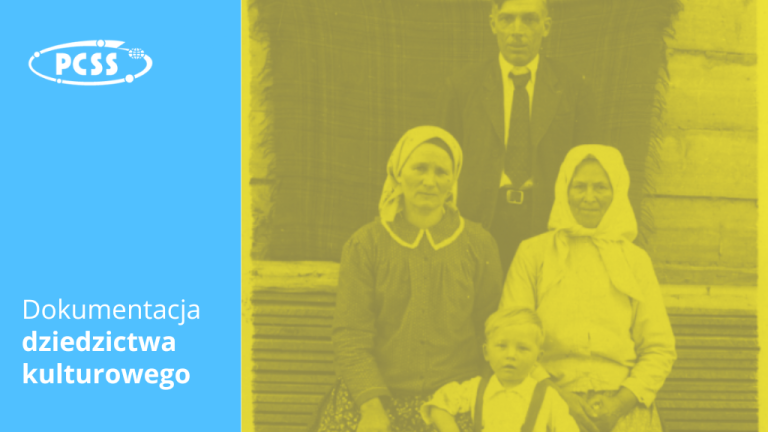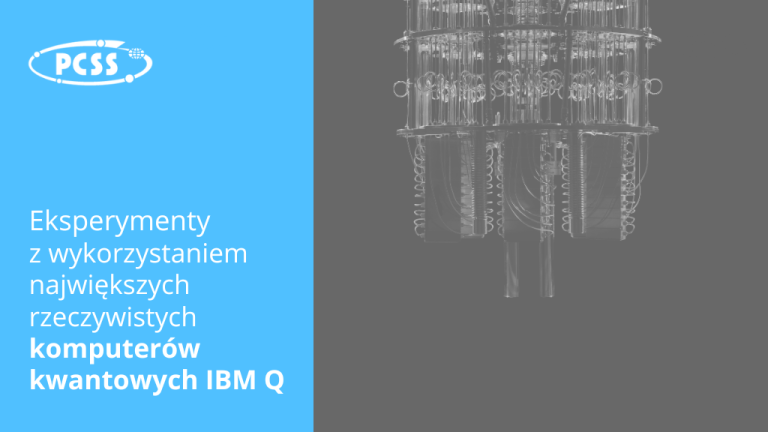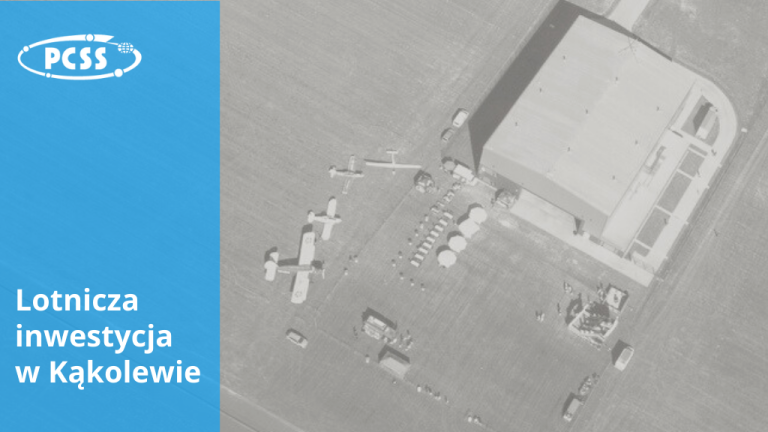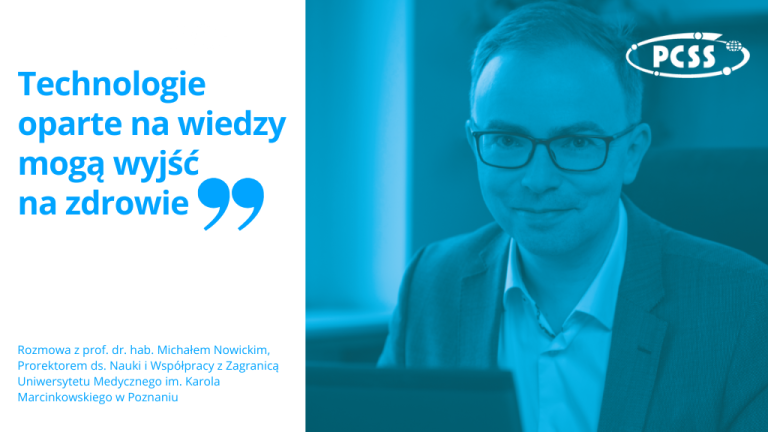“Our digital footprint. Society and Education”- is the main slogan of this year’s Conference of School Computer Network Administrators (KASSK). PSNC is the strategic partner of the Conference. The event will be held online on 28 and 29 May. PIONIER Research & Classroom services will be presented during the workshops conducted by trainers from the PSNC Innovative Education Laboratory.
As every year, KASSK is organized by the Feliks Szołdrski Primary School No.3 in Nowy Tomyśl, hich after the educational reform was transformed into a secondary school. The conference will consist of two parts: plenary and workshop. The plenary part will be conducted from the PIONIER.TV studio at PSNC headquaters – these will be lectures and a discussion panel in the form of a live webinar broadcast. The second part will be a workshop conducted on the MS TEAMS platform.
The workshops will also be conducted by the specialists from the PSNC Innovative Education Laboratory:
- Zbigniew Karwasiński: The era of BBC micro:bit is coming – Unleash your students’ creativity with a device that changes the development of digital skills.
DESCRIPTION:
Join the worldwide STEAM revolution! The BBC micro:bit is not a robot, but it can become a robot. It is programmable in many ways. A device half the size of a credit card holds a lot of technology. Buttons, touch sensor, motion sensor and even a small screen and a bluetooth module! All programmable. But that’s just the beginning of the fun. Because you can attach other devices too.
You can use the BBC micro:bit to learn programming or create amazing, fun devices, brilliant educational projects. Turn a piece of ordinary cardboard into iWatch, robots, fully automatic dollhouses, musical instruments, laboratory and measuring devices. The possibilities are endless thanks with the modules available.
Micro:bit was designed by the BBC in the UK. It is extremely popular in schools around the world. The BBC Micro:bit is the essence of STEAM education (Science, Technology, Engineering, Arts and Mathematics).
- Zbigniew Karwasiński, Adrianna Szofer: Project and teamwork powered by the Kanban board and the free Taiga and EduMeet app
DESCRIPTION:
Did you know that digital archives collect millions of objects, including books, paintings, photos, manuscripts which you can use completely free of charge? Thanks to services such as Europeana, Polona or the Digital Libraries Federation, libraries, archives and museums have the opportunity to make their collections available online in digital form in a very good quality. They are used by archivists and increasingly teachers and educators.
Check out how to find the source material in a few minutes in an online library or museum. Search different sites using filters. Create your own repository of favorite materials. Download resources to your computer for later use.
- Małgorzata Ciżnicka, Martyna Dominiak-Świgoń: Museum and library during your lesson – digital archives in education
DESCRIPTION:
id you know that digital archives collect millions of objects, including books, paintings, photos, manuscripts which you can use completely free of charge? Thanks to services such as Europeana, Polona or the Digital Libraries Federation, libraries, archives and museums have the opportunity to make their collections available online in digital form in a very good quality. They are used by archivists and increasingly teachers and educators.
Check out how to find the source material in a few minutes in an online library or museum. Search different sites using filters. Create your own repository of favorite materials. Download resources to your computer for later use.
- Małgorzata Ciżnicka, Martyna Dominiak-Świgoń: Speakers at the start! Oxford style of debating at school
DESCRIPTION:
The Chinese philosopher Confucius probably said: “Tell me and I will forget, show me and I will remember, let me do and I will understand.” One effective method to engage students in acquiring new knowledge and developing skills is through debate. To understand complex issues such as climate change and population migration, they need to be discussed carefully.
During the meeting, you will receive tips on how to organize a debate (online and onsite) at school, how to involve students in the organization and participation in the event. An Oxford-style debate is a great learning adventure for the whole class, especially in distance learning.

